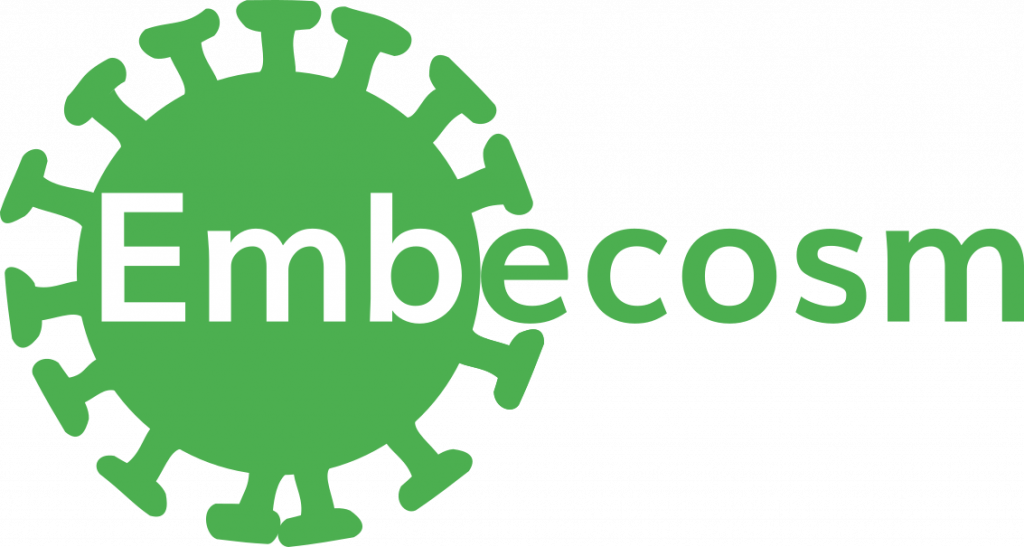As part of our work in Open Source and Machine learning, Embecosm has recently been undertaking a project to make the UCL model of the COVID-19 pandemic fully free and open source (see the repository here).
The UCL model of the COVID-19 pandemic is based on the cutting edge Dynamic Causal Modelling technique that has been developed by the Functional Imaging Laboratory at UCL, funded by the Wellcome trust. While this work is theoretically free and open source under a GPL-2 license, it currently depends on proprietary software (MATLAB) to run. Embecosm have provided a standalone version of the COVID-19 model that works under the free and open source software Octave, while maintaining backward compatibility with MATLAB.
Alongside this port of the code, we also contribute two blog posts providing some background, and discussing the work done. We’ve tried to make these posts as accessible and clear as possible for readers, something we feel has been somewhat lacking in the source material to this point. The form of these two blog posts are:
- A simple and understandable description of Dynamic Causal Modelling theory, and especially, a walkthrough of how it pertains to the COVID-19 DCM. Read here.
- A walkthrough of the software architecture of the current implementation of Dynamic Causal Modelling in the SPM toolbox, a discussion of the challenges (and solutions) we faced when working with it, and some guidance for others on how to experiment and work with the Dynamic Causal Modelling code. Read here.
We’re very excited to have worked on this project, and to be the providers of the first truly free and open source version of the UCLs Dynamic Causal Modelling of COVID-19.
